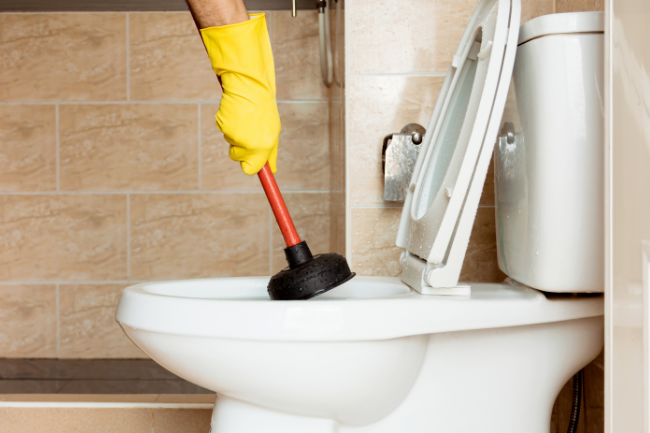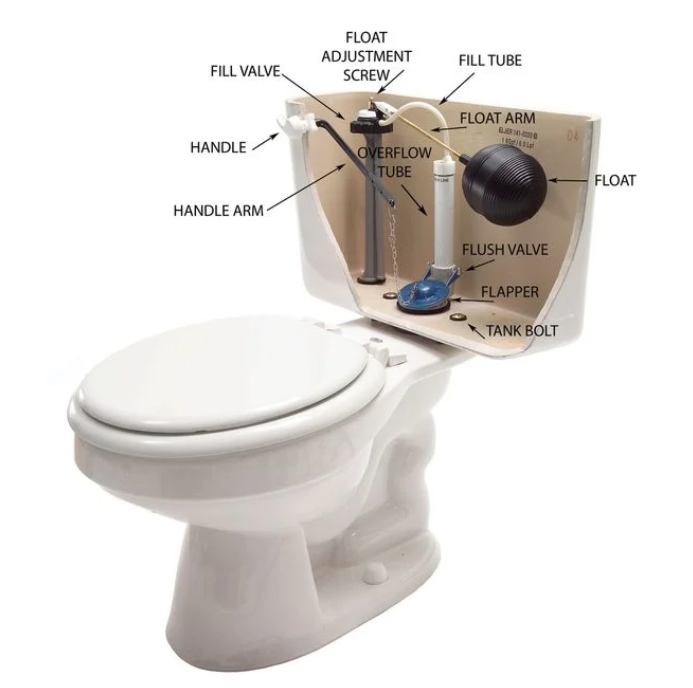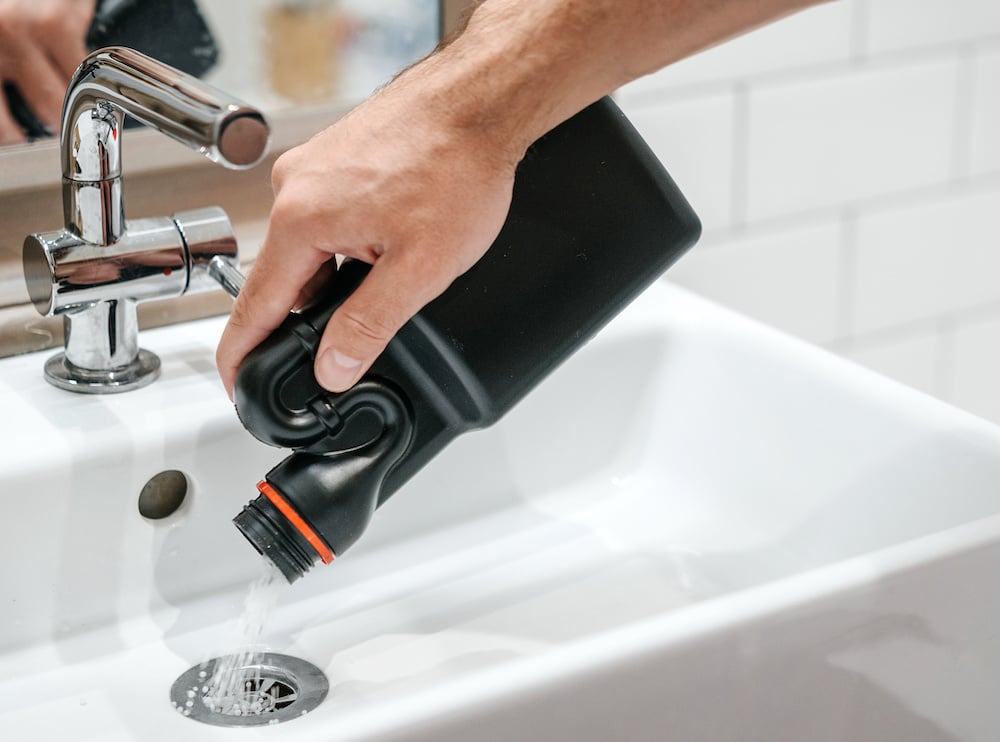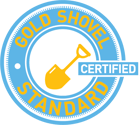5 Ways You’re Ruining Your Drains (and What You Can Do)
Posted by William Heinselman on
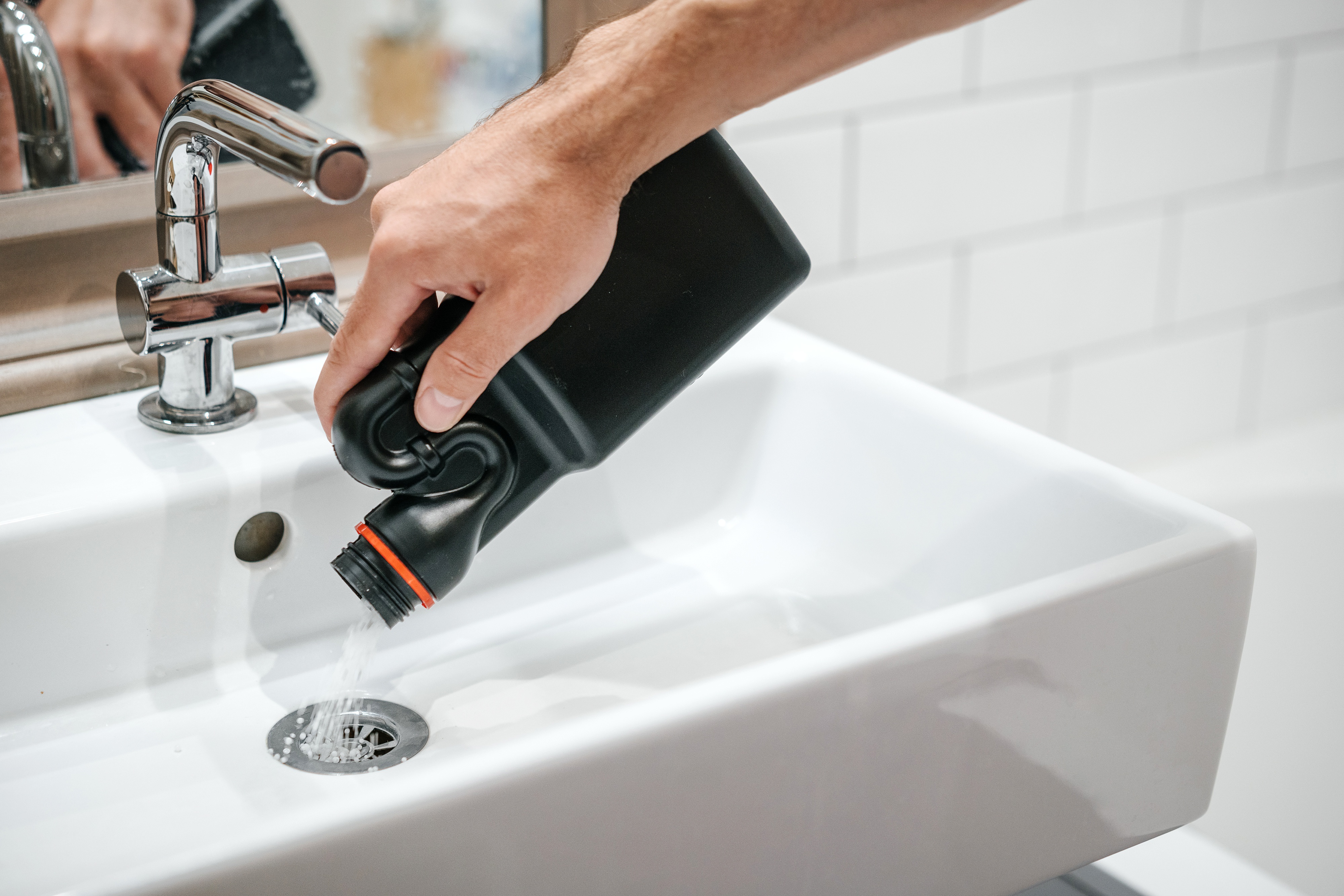
When it comes to proper home plumbing care, what you don’t know can hurt you quite a bit. Some of the worst damage and clogs result not from unusual circumstances, but seemingly normal, everyday habits that can cause long term problems if they’re allowed to continue. Fortunately, many of these behaviors are quite easily corrected, provided you have a basic understanding of how drain pipes and traps function.
Here are just a few bad habits that can lead to serious drain damage over time.
1: Using Your Garbage Disposal as a Garbage Can
One of the most common mistakes homeowners make on a daily basis is shoving all manner of food waste down their garbage disposals and expecting it to be ground up into harmless particles. Unfortunately, poor garbage disposal care is one of the leading causes of clogged drains, to say nothing of the damage done to the disposal itself.
While many people imagine them being full of whirling, razor sharp blades, disposals actually don’t have blades at all. The grinding teeth that break up food waste work more like cheese graters, which makes them highly susceptible to being jammed by fibrous or starchy food products. Even when they do manage to break up material like bones or cartilage, they don’t grind them fine enough for them to pass through the plumbing unimpeded. Over time, they build up in the elbows and stick to the grease and oil clumps that also make their way through the disposal
2: Skipping Routine Plumbing Inspections
Household drains see a lot of use. Even if you’re extremely careful about what you put down your drains, sooner or later minor issues will develop. From stray food particles to strands of hair, buildups throughout the plumbing system eventually accumulate and cause clogs. A little routine maintenance can help to avoid many of these problems. Homeowners should perform a basic self-inspection every month, and they should schedule a professional inspection by a licensed plumber once per year.
3: Using Chemical Cleaning Products
Most homeowners are surprised to learn that the chemical cleaning products marketed as simple solutions for clogged drains can actually cause tremendous damage to their pipes. While they may temporarily get the wastewater moving again, they also eat away at the interior of the pipes, making them more prone to breaking and causing extensive (and expensive) water damage. And if your home has a septic system, the chemicals in these cleaners can also kill the waste-eating bacteria that allow septic tanks to process waste effectively.
Fortunately there are alternatives to these harsh chemicals. Homemade mixtures of hot water, vinegar, and baking soda are often just as effective as commercial grade cleaners and with much less risk to your plumbing.
4: Overambitious DIY Projects
While there’s nothing wrong with performing minor repairs around your household, plumbing is a complex system that must carefully balance several factors in order to function effectively. From obvious problems like accidentally breaking pipes and mismatching different types of fittings to less evident mistakes like failing to properly cap sewage lines or blocking off vents, there are plenty of ways for an overambitious and underprepared DIYer to cause serious damage to their home plumbing. When in doubt, it’s always better to contact a professional before starting the project.
5: Flushing Foreign Objects Down the Toilet
The clogged toilet is probably the most common problem plumbers face on a regular basis. No matter how many times people are reminded not to flush anything other than human waste and toilet paper, items like paper towels, feminine hygiene products, food, toys, jewelry, and a wide range of more unusual objects find their way down the drain every year. The problem here is that the toilet drain empties into the home’s main sewer line. When the toilet backs up, there’s a good chance the entire household will be blocked as well.
Don’t trust labels that advertise products as “safe to flush.” Most of them are made from material that doesn’t break down easily, so even if it doesn’t clog up the toilet, it will likely become embedded farther down the sewage line. These clogs are often much more difficult to deal with and usually require a professional plumber with the appropriate tools to physically dislodge the obstruction.
Keeping your household’s plumbing in good working order doesn’t have to be a difficult task. With a bit of awareness and some common sense, you can avoid damaging clogs and the need for expensive repairs. If you do end up facing difficulties, however, the smartest decision is to contact a professional plumbing contractor to assess the situation.
Topics: Commercial Plumbing, Home Plumbing, Drain Cleaning and Repair

